
History
Rebirth of a Brooklyn Legend
On November 24, 1928, Brooklyn Paramount introduced the most immersive entertainment experience the world had ever seen. Crowds stretched around the block to leave the world behind for a baroque palace of overwhelming spectacle and groundbreaking performances. Emboldened as ‘America’s first movie theater built for sound,’ Brooklyn Paramount set the stage for a storied saga of beginnings. Starting on opening night, it premiered the long-lost jazz-era cinematic masterpiece ‘Manhattan Cocktail’ by Hollywood’s sole female director of the time—Dorothy Arzner. In 1931, Duke Ellington and his orchestra introduced big band jazz to Brooklyn, paving the way for a wave of revolutionary musical genres including R&B, doo-wop, and soul. In the 1950s, Brooklyn Paramount fearlessly showcased barrier-breaking black rock ‘n’ roll musicians to desegregated audiences—an unlikely platform for that generation’s quest for equality. Now, after 60 years since its last curtain call, this palace of entertainment is being revived as a multigenre sensory spectacle of state-of-the-art sound.
For its second act, Brooklyn Paramount is elevating a new generation of boundary- pushing performers, restoring its place in the hearts—and imaginations—of fans as an unforgettable Brooklyn legend.
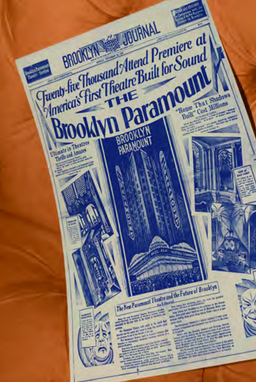
A Baroque Palace Rises
In 1927, Paramount Studios commissioned famed experience designers Rapp & Rapp Architects to create ‘America’s first theater built for sound’—the grandest movie palace in Downtown Brooklyn’s Entertainment District.
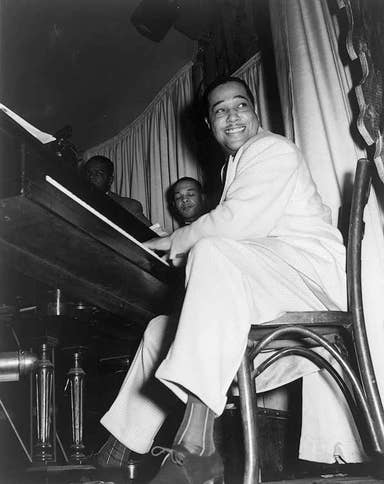
Big Band Takes Center Stage
In 1931, Duke Ellington and his orchestra introduced big band jazz to Brooklyn, laying the foundation for a new musical genre and paving the way for black artists like Ella Fitzgerald and Dizzy Gillespie.
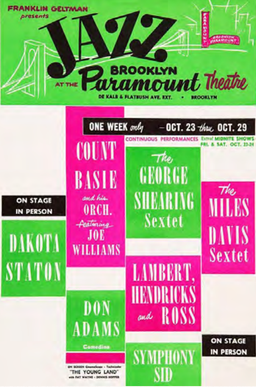
A Multigenre Frenzy Begins
With the big bands too expensive to assemble, a new style of jazz performed by smaller groups was introduced at Brooklyn Paramount, and with it a wave of new black genres like R&B and soul.
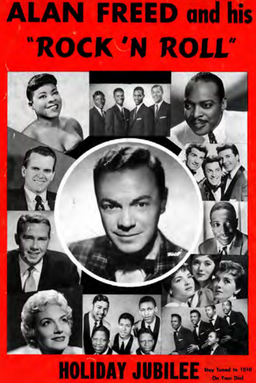
Rock 'N' Roll Revival
From 1955 to 1960, New York radio DJs promoted black musicians and other rebellious performers at wild 10-act rock ’n’ roll revues that also acted as early civil rights platforms for desegregated teenage audiences.
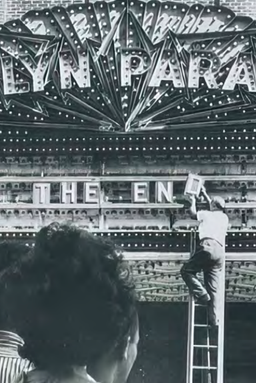
Final Curtain Call
Officially closing as a theater in 1962, after renovations removed the marquee and floor seating, for decades Brooklyn Paramount was used as Long Island University’s overly-opulent baroque basketball arena.
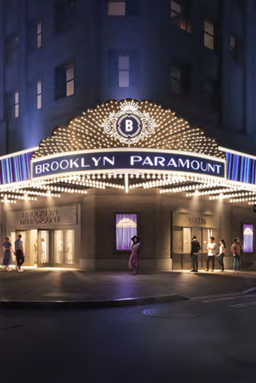
Revolutionary Legacy Revitalized
Breathing new life into this hidden movie palace, Brooklyn Paramount is revitalizing its legendary multigenre legacy as New York City’s next great entertainment venue, with curtains rising again in the Spring of 2024.